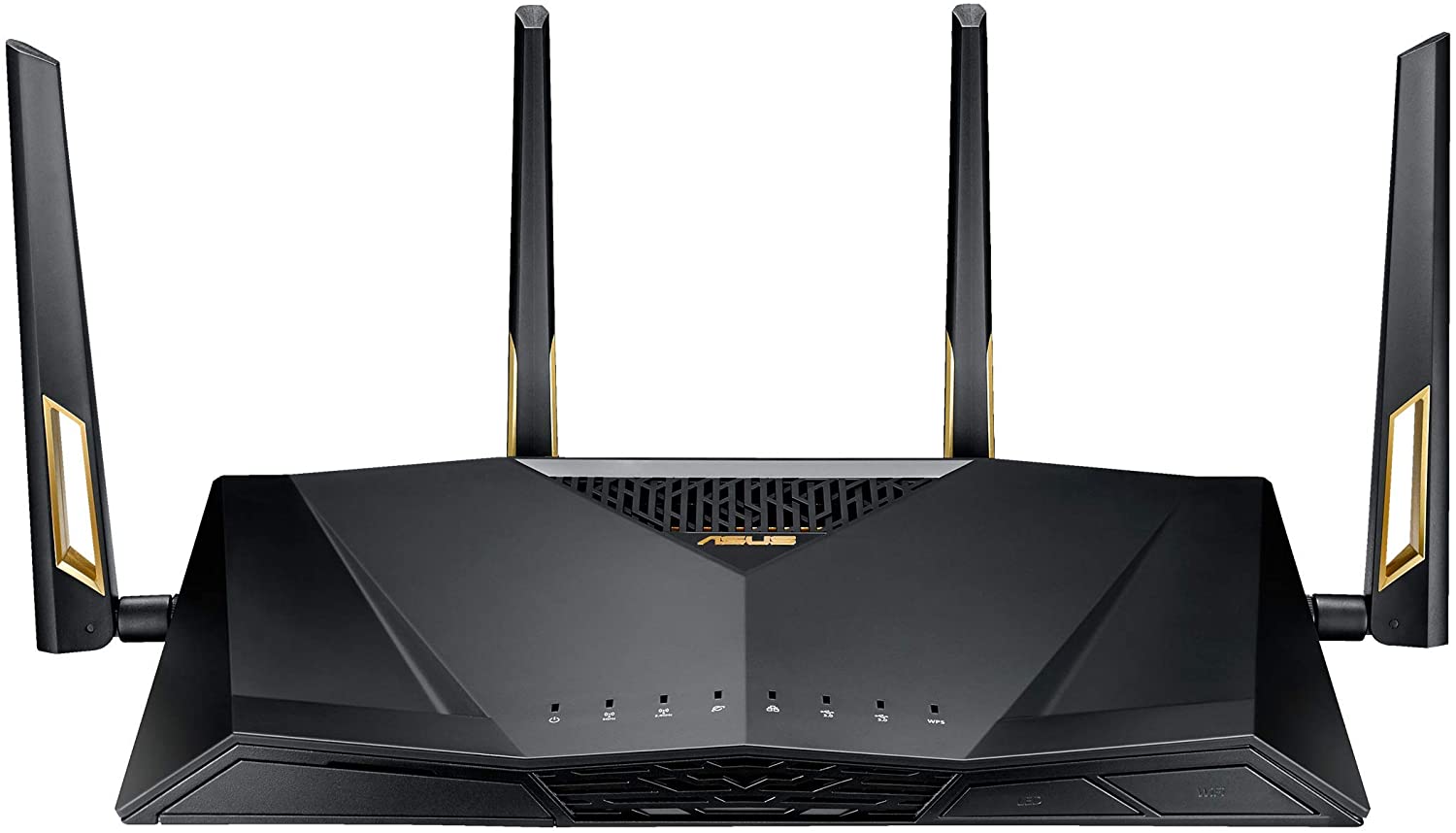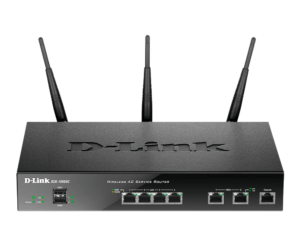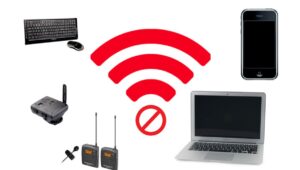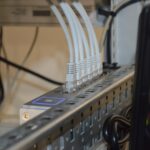The Wi-Fi router is one of the major hubs in your home networking system, school, cafe, and other places. The question arises: Do routers keep track of every site you visit using that network?
The answer is yes: routers are completely capable of tracking your data, and the Incognito or Private browsing mode barely helps. The administrator of the Wi-Fi router network can view the router logs to monitor data usage, determine security breaches, and manage network analytics.
Since routers can store lots of information, you might be eager to know what type of data Wi-Fi admins can extract from the router. On the other hand, you might be suspicious of router manufacturers, whether they use your networking data.
Let’s dig deeper into router logs and their usage.
An Overview of Router Log
Simply put, router logs are the router history. Since routers manage your incoming and outgoing internet traffic, these devices record activity. The Wi-Fi owner or admin can access router logs and get various information, such as:
The search history of a specific user on a particular connected device on the network
- IP addresses of connected devices
- Number and type of devices connected to the network
- Websites and their URLs browsed
- Timestamps of when you connect to the router
- How much time is spent online
Apart from the Wi-Fi owner, your Internet Service Provider can also access router logs. Here’s how one can access router logs on the same network:
- Open a web browser on a connected mobile device, such as a computer, smartphone, etc., that resides on the same Wi-Fi network.
- Enter the router’s IP address on the web browser’s address bar. You can find it from the bottom or back side of the wireless router.
- Next, log into the router dashboard using the admin credentials such as username and password.
- Go to the admin panel and related settings to view your router’s activity record.
Risks Associated with Router Logging or Information Stored
In a glimpse, you might declare that router logging is not an issue. Wait a minute and think how much data your router stores about browsing history, devices, etc. If all this information goes into the wrong hands, you understand what a big blunder it will become.
Routers are like computers, and they work with their operating systems. However, they are not immune to cyberattacks and other online threats. Hence, malicious actors can install a compromised router in a public place to steal your data and harm you financially.
However, router logging risks are quite unavoidable in the home private network. Here, the Wi-Fi admin is a family member who can access your and others’ web activities. On the other hand, the scenario is not the same at your office, school, or cafe.
Who else can track your web activities, by the way? Besides the Wi-Fi admin and the Internet Service Provider, the following entities can track your online activity:
Authorities
Believe it or not, governments keep an eye on almost everything you are browsing so that privacy laws don’t get violated. Governments can access much information about your browsing if they feel so.
Government agencies and police are in charge of demanding your browsing data from your ISP.
Search Engines
Though search engines don’t accept snooping around publicly, they do this often. After all, search engines are designed to provide optimized results, and they do so by using ads and content. However, Google has disclosed what data it collects from internet users in its Privacy Policy:
- The devices, browsers, and applications you use to navigate Google.
- Your name, contact details, and similar personal information.
- Your IP address and precise details about your current location.
- The content you are looking for, the people you communicate with, your purchases, the advertisements you interact with, and the images you save.
- Any service you use with Gmail, Google Sheets, Google Drive, etc.
- YouTube activities and comments.
As far as concerned, Google and other search engines can share your data with domain registrars and other third parties if required. If you want to avoid snoopy search engines, you can opt for more privacy-respecting ones like DuckDuckGo or StartPage.
Social Media Platforms
Social media sites can also track your online browsing habits. On the other hand, you might have agreed to share such social media-related information with the company, and it can collect data from your activities. Almost every social media app is capable of gathering details about you.
Hackers
Keep your routers well-protected by assigning a strong password and hiding the SSID of the wireless network. Otherwise, cybercriminals can push their limits and invade your home’s private network. Once they do so, keeping their hands off the router log will be impossible.
So, all your browsing history, device information, and more data will be exposed. You should never click on phishing emails, dodgy websites, and suspicious links to stay safe from malware and ransomware attacks.
Clearing Your Router Log or Wi-Fi History
Are you afraid someone might spy on your web activities via the router? Don’t worry because you can now clear your wireless router history through the following steps:
- Get your router’s IP address from the back of the router. Otherwise, you can run the ‘ipconfig’ command on a command prompt window of your Windows PC that connects to the router.
- Next, input the router’s IP address in the address bar of any web browser you prefer.
- Sign in to the router’s dashboard using the current or default credentials.
- Now, locate the admin panel section under router settings. Thus, you can access your router’s Wi-Fi history.
- Click the option that says ‘Clear Logs’ or a similar action to erase your Wi-Fi history.
Remember, the method will help you delete Wi-Fi history from your router if you know the login credentials. However, you can’t execute the process on public Wi-Fi access as you don’t know the router login username and password.
What Can You Do to Cover Your Wi-Fi History?
The Private or Incognito browsing mode would save you from being snooped. Unfortunately, they won’t help you cover your tracks on the web. You can select a VPN service for your device or router to restrict every kind of ISP tracking.
Make sure you research all suitable VPNs before picking the best for your online experience. On the other hand, you can use a privacy-focused search engine for better results. However, router manufacturers don’t clearly state whether they collect internet users’ Wi-Fi activities.







